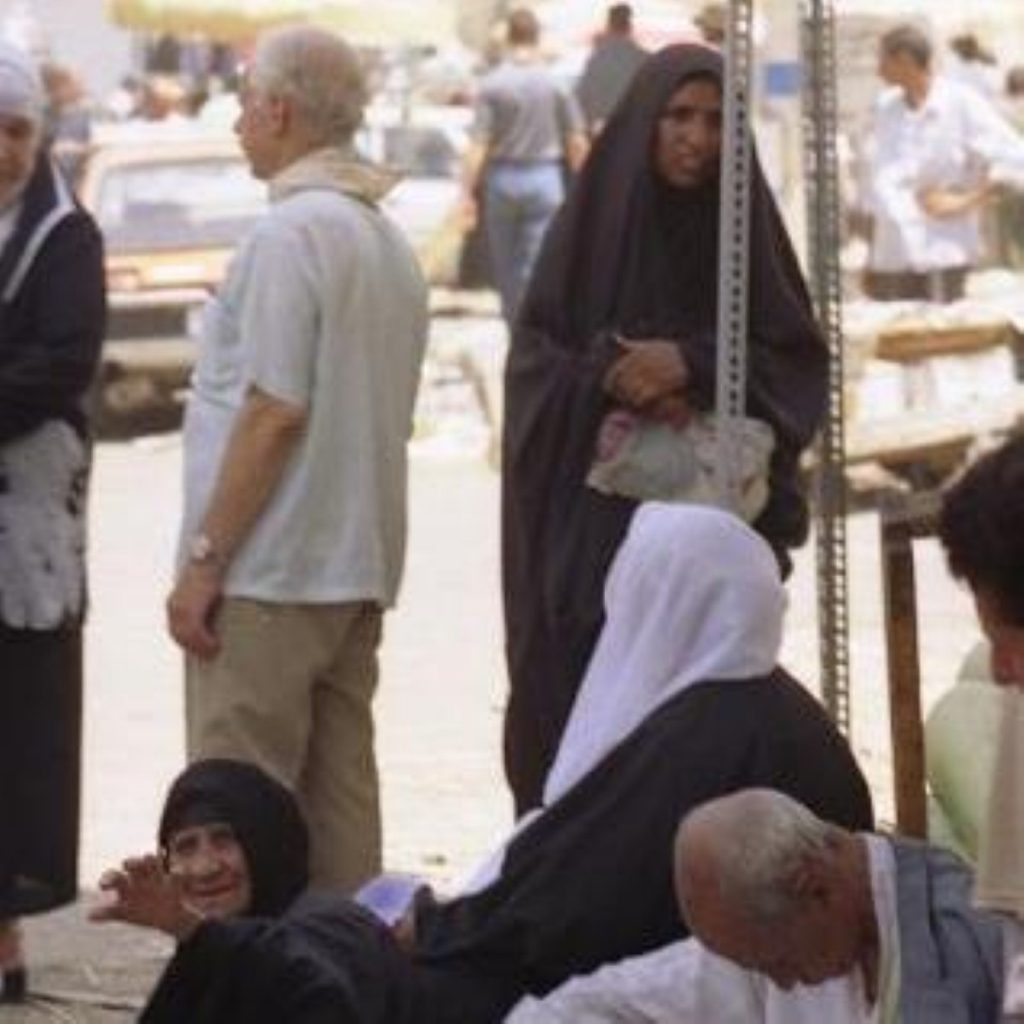Iraqi returns ‘will be constantly monitored’
The Home Office has insisted that its policy of returning failed asylum seekers to Iraq is under constant review and would only be to safe parts of the country.
Concerns have been mounting about the government’s announcement, long-anticipated, that some Iraqis who failed to get asylum in Britain are beginning to be sent back.
The United Nations refugee agency (UNHCR) yesterday warned that the situation in Iraq was still “extremely unstable and dangerous”, suffering from a general lack of law and order and the erratic provision of basic services.
“UNHCR’s prevailing advisory to governments regarding Iraqi asylum seekers and refugees takes the position that no part of Iraq can be considered safe, although it is clear that at any given time some areas of the country are more stable than others and some people continue to return voluntarily,” a statement said.


The agency is currently reviewing its guidelines on Iraqi refugees and asylum seekers with a view to publishing updated advice shortly. Until then, it says: “In principle, all returns should be voluntary, and under internationally recognised principles of safety and dignity.”
Last night, Lib Dem home affairs spokesman Mark Oaten said the uncertainty that remains about the future of the fledgling democracy means it was “very early indeed” to consider sending people back.
“I am very concerned about the current climate at the moment in Iraq,” Mr Oaten told BBC Radio Four’s PM.
“Anybody who just listens onto the radio or switches on the television knows it is unstable. With the current constitution still up in the air, the shape and form of Iraq is not clear yet.
“I think it is very early indeed to be sending people back. However if there are certain regions, and it looks as if, from reports from the UN and Amnesty, that in the north there is an element of security, I think a case could be made for returning some individuals there.”
Today a spokeswoman for the Home Office confirmed that failed asylum seekers from Iraq have begun to be detained with a view to sending them back to the country.
But she told politics.co.uk that all returns of failed asylum seekers would be reviewed on a case by case basis, while the entire policy was constantly being monitored for new developments in Iraq.
“[The returns] are not to all parts of Iraq,” she said, insisting they would only take place to areas that are “sufficiently stable” and where they were sure people would not be at risk. She added that several hundred Iraqis had already decided to return voluntarily.

